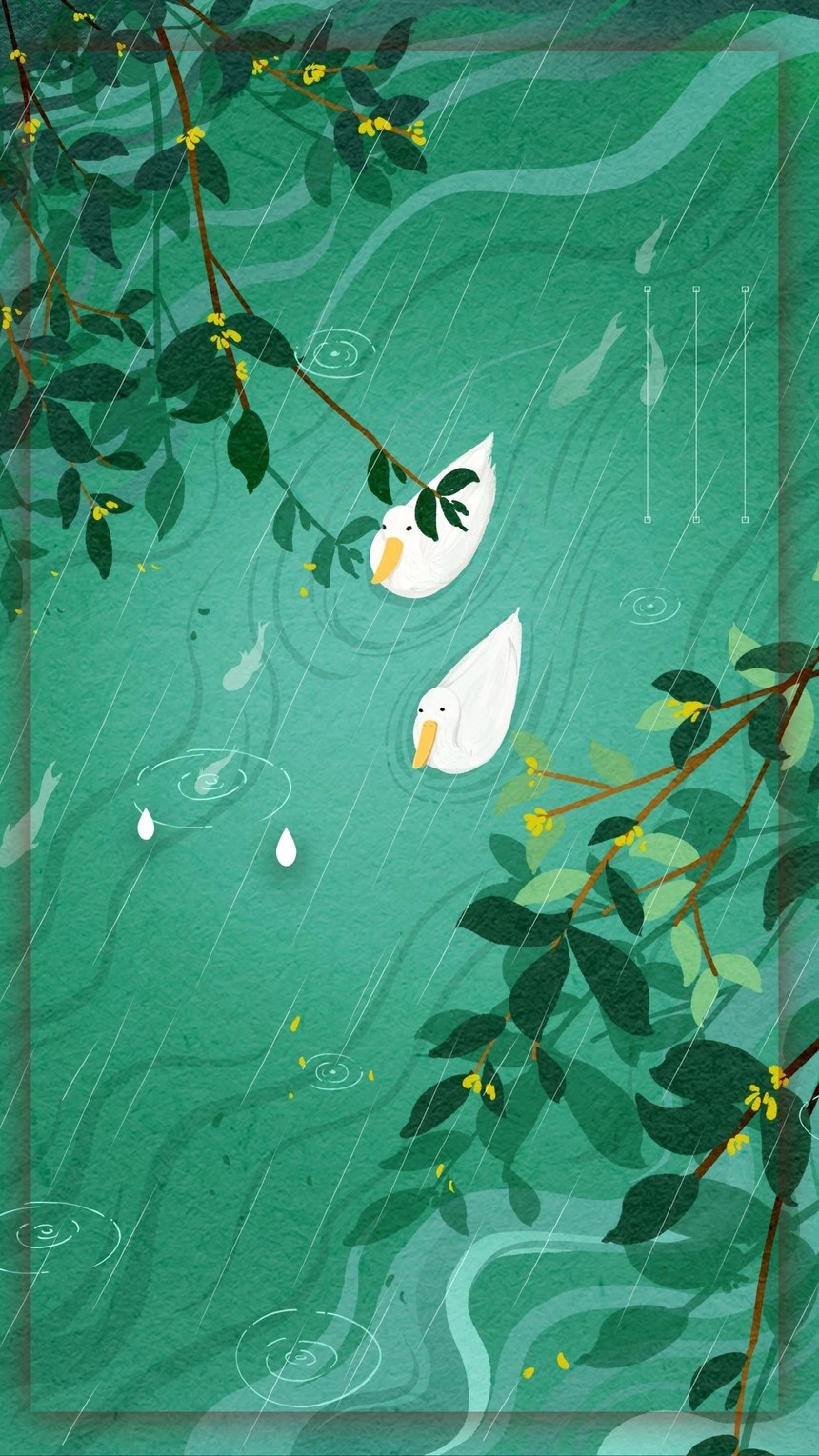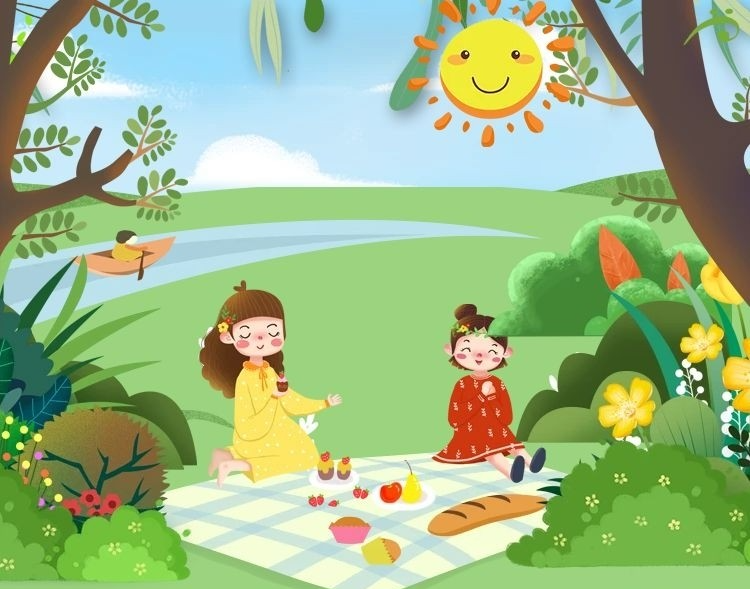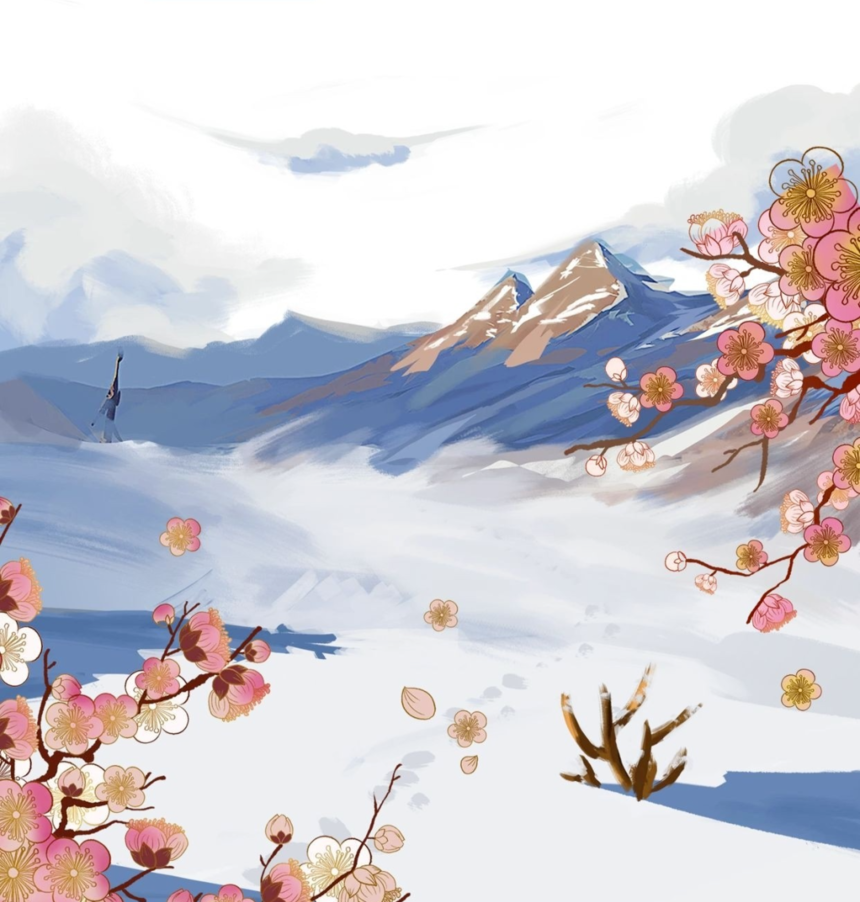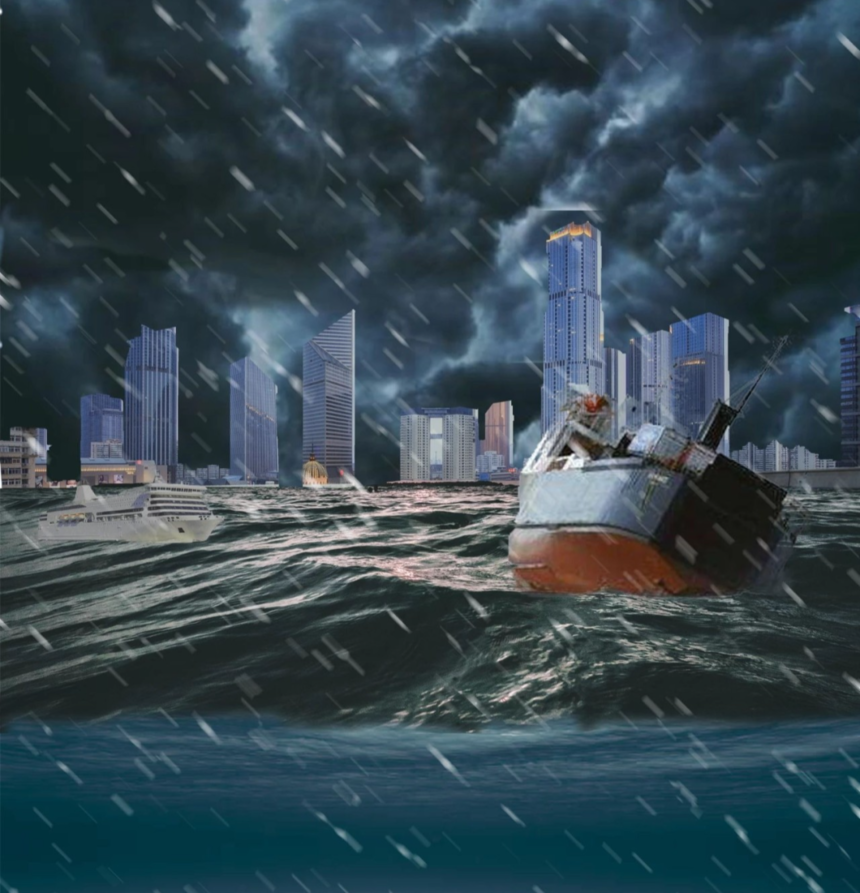
Weather, known as 天气 (tiānqì) in Chinese, is a popular topic of discussion. One good thing about the weather is that there is always something to say. Whether in spring (春天 chūn tiān), summer (夏天 xià tiān), autumn (秋天 qiū tiān) or winter (冬天 dōng tiān), there is always something going
First, if you prefer to ask someone how the weather is instead of checking the weather report yourself (天气预报 tiānqì yùbào), use the following sentence:
Jīn tiān tiān qì zěn me yàng ?
What is the weather like today?
If you are asked this question and do not want to go into detail by describing the actual weather conditions, it is perfectly acceptable to answer with one of the following more general sentences:
今天天气很好.
Jīn tiān tiān qì hěn hǎo.
The weather is nice today.
今天天气不错.
Jīn tiān tiān qì bù cuò.
The weather is really nice today.
今天天气不好.
Jīn tiān tiān qì bù hǎo.
The weather is bad today.
Temperature (温度 wēndù) is another important general topic that is always relevant when discussing the weather.
To ask questions about temperature, use the following sentence:
今天多少度?
Jīn tiān duō shǎo dù ?
What is the temperature today?
If it's about 20 degrees today, you can simply answer:
20度左右。
Jīn tian 20 dù zuǒ yòu.
It's about 20 degrees today.
Talk about the daily weather in Chinese
Who doesn't love summer? This is most people's favorite season, largely because of the warm, sunny weather.
Hànzì | Pīnyīn | Definition |
太阳 | tài yáng | Sun |
晴朗 | qíng lǎng | sunny; fine (weather) |
今天天气晴朗。 | Jīn tiān tiān qì qíng lǎng. | The weather today is fine/sunny. |
蓝天白云 | lán tiān bái yún | "blue skies and white clouds;" used to refer to nice weather |
太阳很晒 | tài yáng hěn shài | the sun is (uncomfortably) strong/bright |
太阳很大 | tài yáng hěn dà | the sun is really strong/bright (literally "the sun is really big") |
晒太阳 | shài tài
yáng | to sun oneself; get some sun |
晒黑了 | shài hēi | to sunbathe; to tan |
晒伤 | shàishāng | to get sunburnt |
热 | rè | Hot |
暖和 | nuǎnhuo | warm |

If you live in southern China, chances are you潮湿 (cháoshī; sweaty, wet).
Like this :
今天很潮湿.
Jīntiān hěn cháoshī.
It's really wet today.
If, on the other hand, you live in a desert or simply in a place where the air is drier, you can use the word 干燥 (gānzào; dry, arid).
Like this :
北方的空气很干燥.
Běi fāng de kōng qì hěn gān zào.
The air is quite dry in the north.
Of course, it can't be sunny all the time. The following words and phrases are useful for talking about the weather on rainy days:
Hàn zì | Pīn yīn | Definition |
雨 | yǔ | Rain |
下雨 | xià yǔ | to rain |
雷雨 | léi yǔ | Rain |
打雷 | dǎ léi | to rumble with thunder |
雷声 | lei shēng | thunderclap |
闪电 | shǎn diàn | lightening |
暴雨 | bào yǔ | torrential rain; rainstorm |
毛毛雨 | máo mao yǔ | drizzle |
雾 | wù | fog; Mist |
多云 | duō yún | Trouble |
阴天 | yīn tiān | overcast |
一滩水 | yī tān shuǐ | a puddle |
滑 | huá | Slippery |

Winter wonders
In southern China, there are still many people who have never seen snow. However, if you live in a northern Chinese city like Harbin, home of China's famous ice festival, snow is probably weekly, if not daily, for much of the year.
Hànzì | Pīn yīn | Definition |
雪 | xuě | Snow |
下雪 | xià xuě | to snow |
雪堆 | xuě duī | snow drift; snow bank |
冰雹 | bīng báo | hail |
冰 | bīng | Ice |
结冰 | jié bīng | to freeze |
融化 | róng huà | to thaw |
解冻 | jiě dòng | to thaw |
冰溜 | bīng liù | Icicle |
冷 | lěng | cold; Chilly |
寒冷 | hán lěng | cold; frigid |
风 | fēng | wind |
刮风 | guā fēng | to be windy |

Talking about extreme weather events in Chinese
While they are fortunately much less frequent than the other weather events mentioned above, it is also important to know how to talk about extreme weather events in Chinese.
Hàn zì | Pīn yīn | Definition |
风暴 | fēng bào | windstorm; Storm |
雷雨 | léi yǔ | Rain |
暴风雪 | bào fēng
xuě | blizzard; Snowstorm |
雹暴 | báo bào | hailstorm |
旱灾 | hàn zāi | drought |
水灾 | shuǐ zāi | Flood |
洪水 | hóng shuǐ | floodwaters; Flood |
台风 | tái fēng | Typhoon |
飓风 | jù fēng | hurricane |
龙卷风 | lóng juǎn fēng | Tornado |
沙暴 | shābào | Sandstorm |
飓风(jù fēng) and typhoons (台风tái fēng)are actually the same thing.A more general term for both terms is "tropical cyclone".

For more vocabulary, scan the QR code below ;












